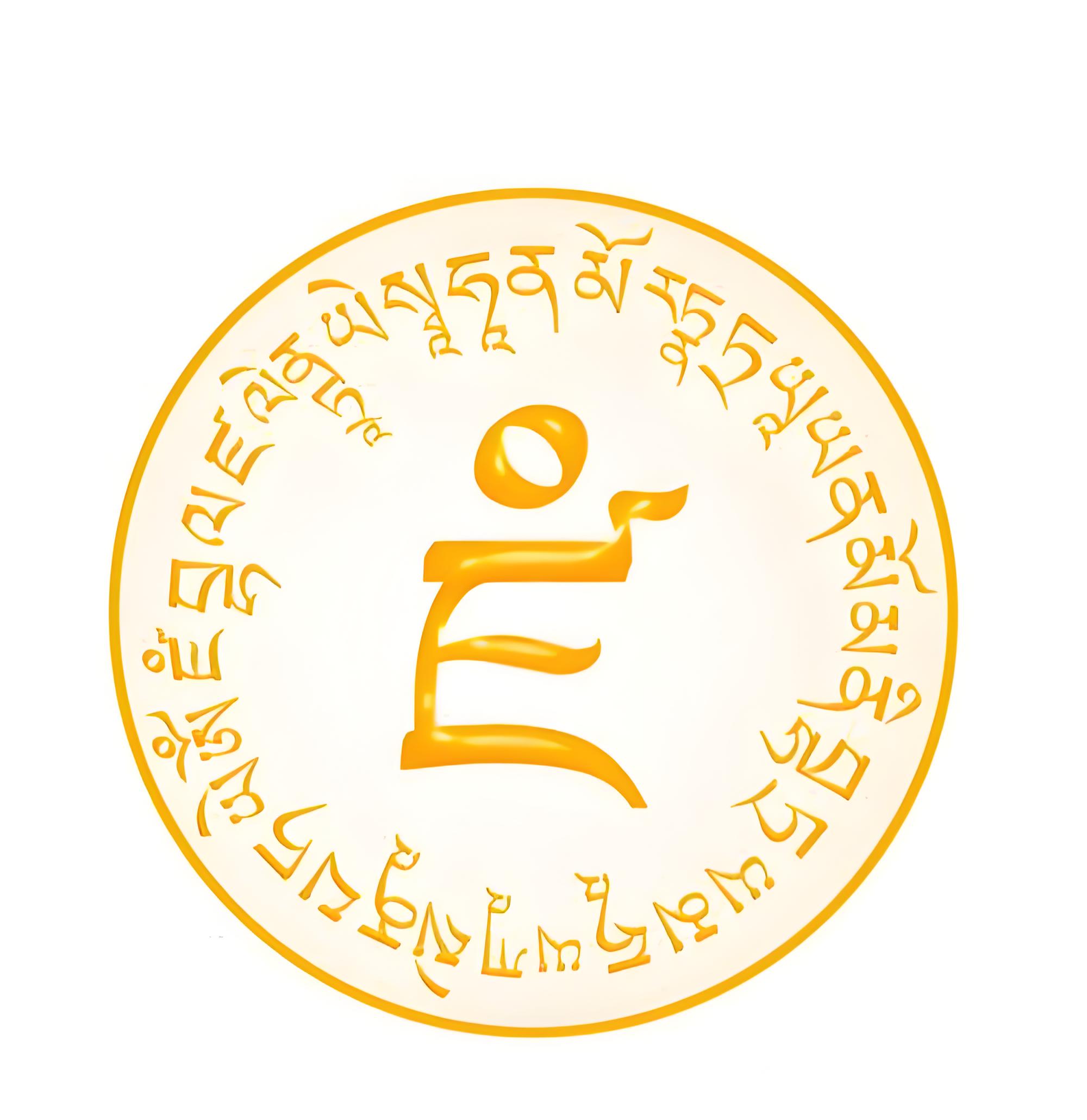The Jambhala mantra is a powerful and revered practice within Tibetan Buddhism, known for its association with wealth, prosperity, and abundance. It is believed to invoke the blessings of Jambhala, the deity of wealth, and to remove obstacles that hinder financial and spiritual well-being. This mantra is not just about material gain; it’s about cultivating a mindset of generosity and abundance, while removing the root of our greed and attachments. Let’s delve deeper into the fascinating world of the Jambhala mantra and discover its rich history, profound meaning, and potential benefits.
What is the Jambhala Mantra?
The Jambhala mantra is a sacred sound formula used by Buddhists to connect with Jambhala, a powerful wealth deity who is typically depicted as a stout figure, often with a mongoose that spits out jewels, holding a fruit, and sitting on a lotus. While the practice of reciting this mantra is believed to bring financial stability and material comforts, it’s also considered a path to inner wealth and freedom. It is a means of aligning one’s energy with the universal flow of abundance. This mantra is not just about asking for wealth; it’s about removing the obstacles that prevent us from receiving it, such as negative thought patterns, attachments, and greed.
The Jambhala Mantra in Tibetan
The Tibetan version of the Jambhala mantra is often chanted as:
“Om Dzambhala Dzalim Dzalaya Svaha”
“ༀ་ཛཾ་བྷ་ལ་ཛ་ལིཾ་ཛ་ལ་ཡ་སྭཱ་ཧཱ།”
This is a common and widely used form, and variations may exist. The mantra is often practiced with a mala, or prayer beads, to keep count of repetitions.
The Jambhala Mantra in Sanskrit
In Sanskrit, the mantra is written and pronounced similarly:
“Om Jambhala Jalendraya Svaha”
“ॐ जम्भल जलेंद्राय स्वाहा”
Sanskrit is the classical language of ancient India, where the Buddhist traditions originated. The mantra’s meaning is similar in both languages and the practice is common among the different schools of Buddhism.
Meaning of the Jambhala Mantra
While different interpretations can be given, some of the key words and their meanings are:
-
Om (ॐ/ༀ): A sacred sound and syllable in Hinduism and Buddhism, believed to be the sound of the universe and a spiritual affirmation.
-
Jambhala (जम्भल/ཛཾ་བྷ་ལ་): The name of the wealth deity himself.
-
Dzalim (ཛ་ལིཾ): A seed syllable associated with attraction, and it is believed to have purifying properties.
-
Dzalaya (ཛ་ལ་ཡ་): Another seed syllable relating to divine power and the act of giving.
-
Jalendraya: A reference to Jalendra, which could be another name or aspect of Jambhala.
-
Svaha (स्वाहा/སྭཱ་ཧཱ): Often translated as “hail” or “so be it” and it is an offering of oneself and one’s intentions to the deity. It signifies the completion of the mantra.
The overall meaning of the Jambhala mantra is a request for blessings, abundance, and spiritual growth through the invocation of Jambhala. When reciting the mantra, practitioners are essentially asking for guidance to cultivate inner and outer wealth.
Benefits of Practicing the Jambhala Mantra
Devotees believe that regularly reciting the Jambhala mantra can offer a number of spiritual and worldly benefits. Some of the commonly cited benefits include:
-
Attracting Wealth and Prosperity: The most well-known benefit is the potential to remove financial obstacles and to attract material resources, wealth and abundance.
-
Developing Inner Abundance: Beyond material gain, the mantra can help to cultivate a mindset of generosity and gratitude. It helps to remove feelings of lack, scarcity and greed from one’s mind.
-
Removing Obstacles: Reciting the mantra is believed to clear obstacles on both the spiritual and material path, allowing one to achieve greater goals and clarity.
-
Promoting Well-being: The mantra can help to reduce stress, anxiety, and other negative emotions by bringing a sense of peace and calmness to one’s life.
-
Spiritual Growth: By focusing on the blessings of Jambhala, the mantra can enhance one’s overall spiritual understanding and practices.
-
Increase of generosity: By focusing on giving and receiving, this mantra helps increase generosity in your heart.
-
Improved Karma: By reducing negative emotions, you are contributing to creating good karma.
The Jambhala mantra is more than just a series of words; it is a tool for positive change, a path to greater prosperity, inner peace, and spiritual growth. Incorporating this mantra into daily spiritual practice can bring transformative changes to your life.

